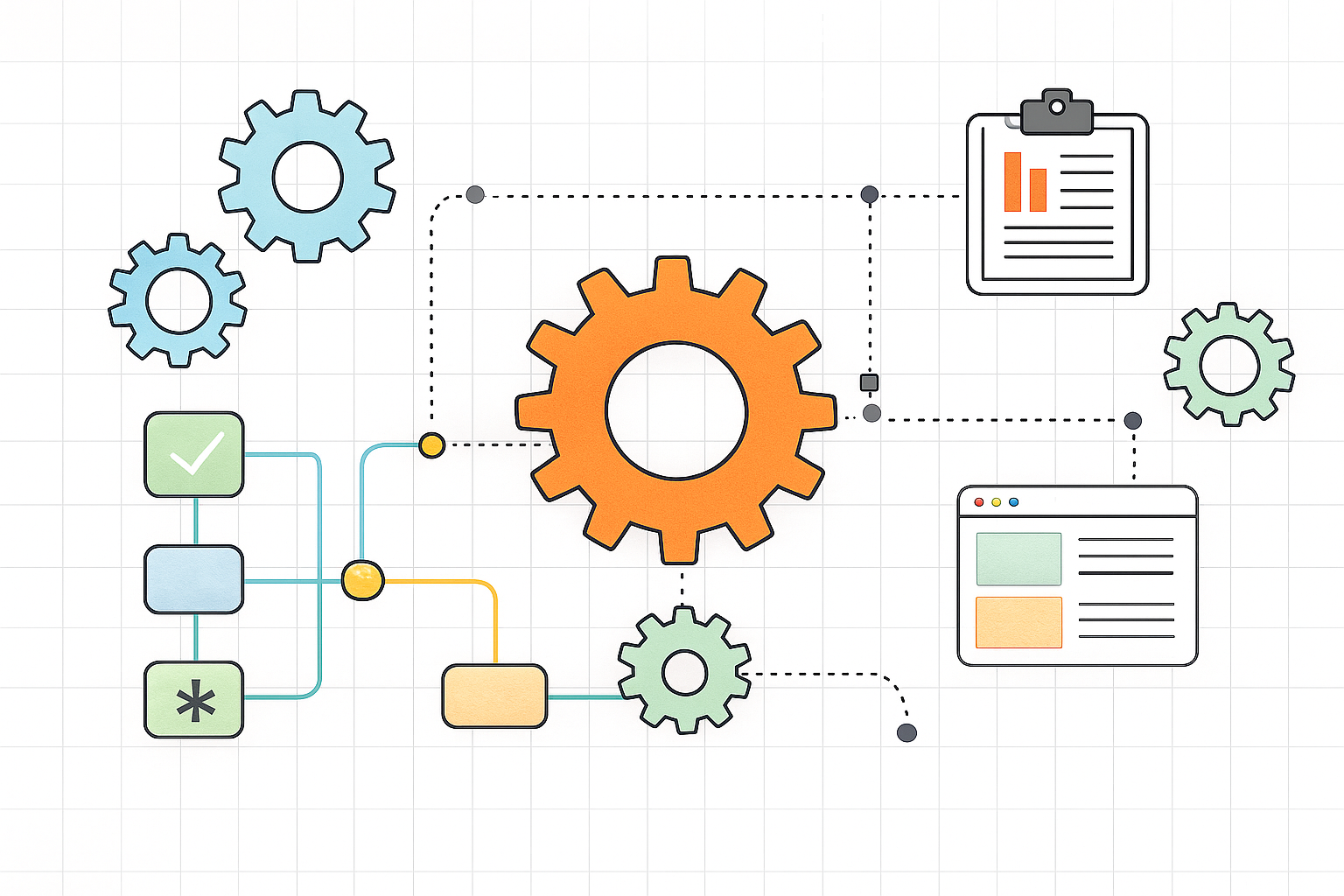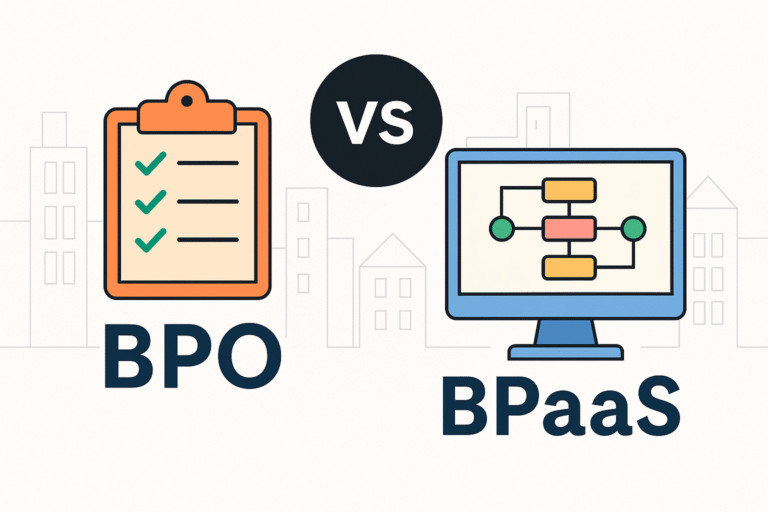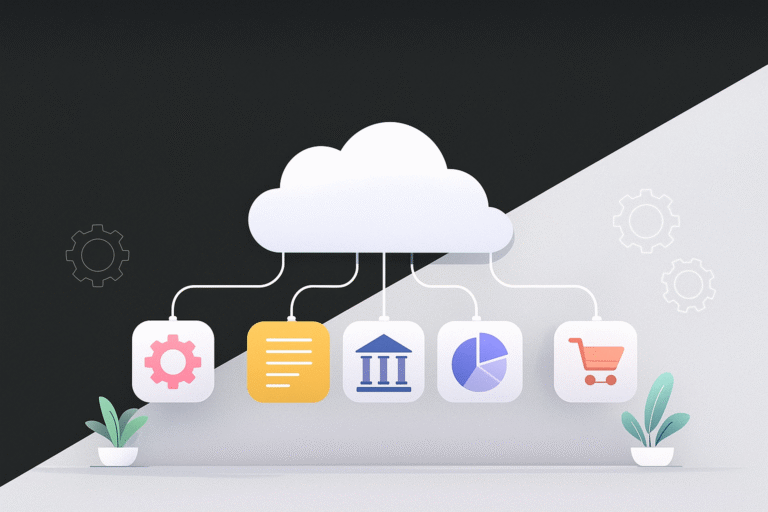The Future Starts with Agentic AI for Customer Support
Customer support is evolving faster than ever. What began with chatbots and basic automation is now entering a new era powered by agentic AI for customer support. Businesses are no longer satisfied with reactive systems. They need intelligent, autonomous agents that can make decisions, adapt to new situations, and provide personalized customer experiences at scale.
This shift toward agentic AI marks the move from rule-based automation to intelligent autonomy. Companies that adopt these systems early are seeing major improvements in service speed, accuracy, and customer satisfaction.

What Exactly Is Agentic AI for Customer Support?
Agentic AI for customer support refers to systems that understand goals and act independently to achieve them. These AI agents have memory, reasoning, and adaptive learning capabilities that allow them to manage tasks across tools without constant human input.
For example, agentic AI can:
- Prioritize support tickets based on urgency, sentiment, or value.
- Draft personalized responses using company knowledge bases.
- Collaborate with human agents to resolve complex cases.
Instead of waiting for instructions, these digital agents operate as proactive teammates. They continuously learn from interactions, refine their approach, and optimize workflows automatically.
To learn more about agentic AI principles, visit MIT Technology Review’s article on autonomous AI systems.
Why Businesses Are Adopting Agentic AI for Customer Support
Traditional automation improved efficiency but lacked adaptability. Rule-based systems could only handle what they were programmed to recognize. Agentic AI changes this by orchestrating multiple intelligent agents that communicate and coordinate across systems.
Here’s what that looks like in practice:
- A triage agent automatically sorts tickets and assigns priorities.
- A knowledge agent retrieves relevant answers from the company database.
- A resolution agent drafts replies or executes solutions for routine issues.
These agents collaborate through AI orchestration, ensuring each customer issue is handled efficiently and contextually. The result is a smoother experience for customers and less manual work for support teams.
The Benefits of Agentic AI for Customer Support Teams
Businesses integrating agentic AI for customer support are achieving impressive results across key metrics.
1. Faster Ticket Resolution
Agentic AI handles repetitive tasks instantly, improving response times and meeting SLAs consistently.
2. Personalized Experiences
By analyzing tone, language, and history, AI provides responses that feel human and tailored.
3. Operational Resilience
Agentic systems can detect issues, suggest fixes, and even self-correct, reducing downtime.
4. Smarter Insights
Every interaction feeds data into analytics models. This helps managers identify trends and optimize future strategies.
5. Empowered Human Agents
Humans and AI complement each other. Support staff focus on empathy and creative problem-solving while AI manages routine processes.
How Cuber.ai Uses Agentic AI for Customer Support
At Cuber.ai, we build digital agents that work alongside human teams to deliver exceptional service experiences. Our agentic AI for customer support platform uses intelligent orchestration to connect people, processes, and technology in real time.
Cuber.ai’s solution includes:
- Proactive Ticket Handling: AI agents identify and address potential issues before they escalate.
- Dynamic Workflow Automation: Workflows adapt to business changes automatically.
- Transparent Human Oversight: Agents operate under clear governance and review frameworks.
Learn more about how Cuber.ai empowers support teams through AI-native operations in our Insights Hub.
Agentic AI in Real-World Scenarios
Consider a large e-commerce platform that receives thousands of daily support queries. Before adopting agentic AI, ticket triage and routing required manual effort. Now, the system automatically detects high-priority issues like payment failures or delivery delays, clusters similar complaints, and triggers the correct workflows.
Another AI agent drafts updates to affected customers and notifies human agents only when exceptions occur. This process shortens resolution time, reduces stress on staff, and keeps customers informed in real time.
Industries such as telecom, SaaS, and healthcare are using similar models to improve response quality and operational agility. Each deployment strengthens the AI’s reasoning and helps businesses achieve consistent customer satisfaction scores.
The Road Toward Autonomous Customer Experience
Agentic AI for customer support is paving the way for autonomous customer experience, also called AutoCX. In this model, AI agents anticipate needs before a customer reaches out. For instance, they might detect a potential service disruption, alert users, and take corrective action automatically.
By 2030, most customer support systems will be AI-native. Human agents will focus on strategy, empathy, and relationship building, while AI agents manage routine communication and workflow optimization. The organizations investing in this technology now are already building a foundation for scalable, always-on, and proactive customer service.
Why Acting Now Matters
The adoption of agentic AI for customer support is accelerating quickly. Customers expect brands to understand their context and provide intelligent, seamless solutions. Businesses that rely solely on static automation risk falling behind.
Agentic AI delivers speed, adaptability, and insight. It transforms support from a reactive function into a proactive advantage. The technology is mature enough to deploy today and will only grow more capable with time.
Conclusion: The Human-AI Partnership Redefined
Agentic AI for customer support is not replacing people; it is redefining teamwork. Digital agents handle structured, data-heavy tasks, while humans focus on empathy, innovation, and strategic improvement. This collaboration creates a new level of customer experience that is faster, more accurate, and deeply personalized.
Forward-thinking companies like Cuber.ai are leading this transformation. Their AI-native approach empowers organizations to deliver consistent, intelligent support at scale.
Now is the time to explore how agentic AI for customer support can help your business evolve. Book a demo with Cuber AI to see the future of customer service in action.





